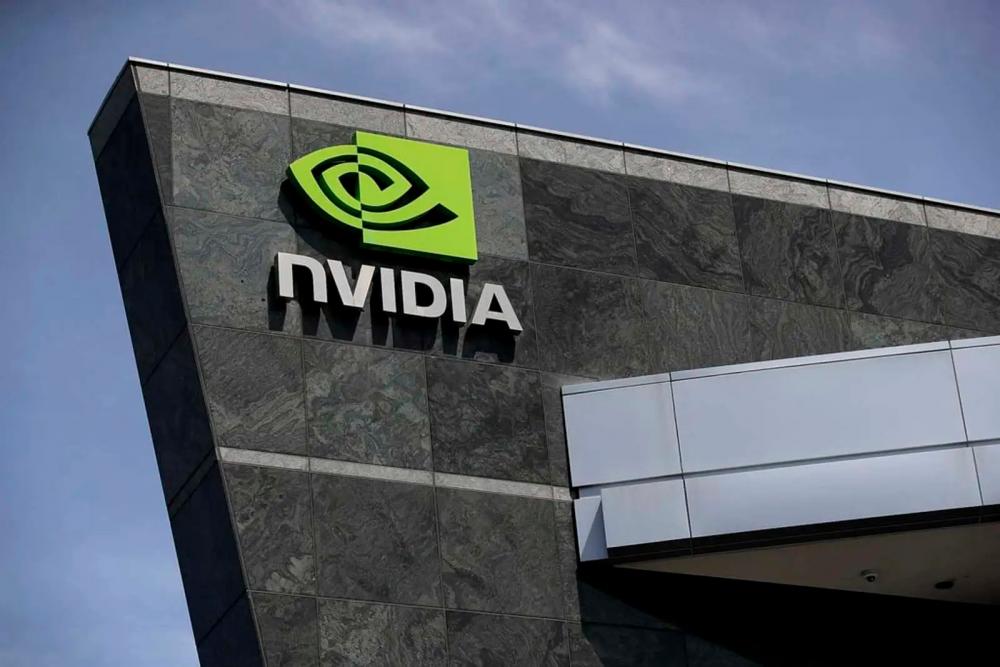KUALA LUMPUR: Nvidia's significant investments in Malaysia are relevant for the country, as the company focuses on specialised chip architectures, strengthening Malaysia’s position in the global chip supply chain, said an expert.
Nvidia’s total investments in Malaysia amount to US$21.2 billion (RM95.5 billion).
Professor of International History, Dr Chris Miller, at The Fletcher School, Tufts University, noted that while Nvidia is the world's largest chip company, it primarily designs chips and does not engage in manufacturing, packaging, or assembly. Despite this, he noted that Nvidia remains the largest chip company by market value.
“I think this trend and growing focus on chip design is highly relevant for Malaysia as it seeks to diversify its position in the chip supply chain and take on an even bigger role in the future,” he said at the Malaysia Economic Forum 2025 held here today.
He said major tech firms such as Nvidia, which specialise in special-purpose chips solely for artificial intelligence (AI), are where the advancements are occurring most rapidly.
“This is why the world's biggest technology companies are becoming chip designers. Microsoft, Alibaba, Baidu, and Facebook are all designing their own chips, realising that having chips tailored to their exact needs makes them more capable of running the AI workloads they require,” he said.
Miller added that specialisation is a key driver of progress, but also increases the power and influence of the largest tech companies, giving them access to higher-quality, lower-cost computing than other players in the economy.
This forces companies to push the limits of physics and chemistry as they bring more computing capabilities together.
He noted that a trend called advanced packaging is reshaping the chip industry.
“All of this has significant implications for countries like Malaysia, which, of course, is far from a newcomer in the chip industry,” he said.
“Malaysia has been an integral part of the multinational semiconductor supply chain for half a century. This means Malaysia has both real opportunities and I think, extraordinary challenges arising from this shift in the supply chain.”
Regarding Malaysia’s semiconductor strategy, Miller opined that the geopolitical landscape presents both opportunities and risks, making neutrality difficult in such a strategic industry.
“The geopolitical landscape, the fracturing of supply chains, and the politicisation of every segment of chip design and manufacturing will force Malaysian companies to consider not only the economics of supply chains but also the politics, even in segments that might not have seemed sensitive in the past are increasingly politicised today,” he said.
Miller also pointed out that Malaysia’s strength in packaging and assembly will see increased research and development, and value-added services (though with more competition from advanced economies).
“The packaging and assembling capabilities where Malaysia excels today are undergoing dramatic change, driven by trends in advanced packaging. Every AI processor today depends on new packaging capabilities, which are set to reshape the packaging landscape,” he said. – Bernama









